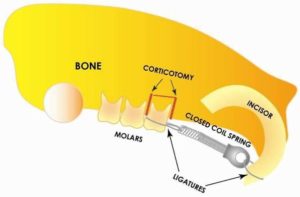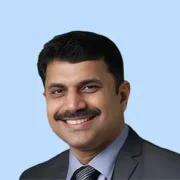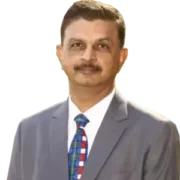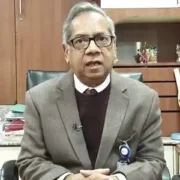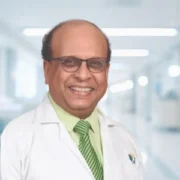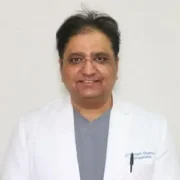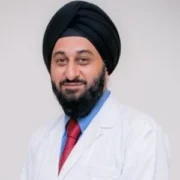What is Corticotomy?
It involves only cutting the outer cortex and keeping the periosteal membrane and internal medula untouched. The operation performed to increase the bone growth. In distraction osteogenesis, Corticotomy is especially essential. The bones consist of both external cortex and internal medulla, which gives the bone its rigidity by being hard mineralized. The soft inner portion of the medulla containing the bone marrow. The blood cells are produced in that bone marrow. As the individual becomes older, the fatty tissue of many bones replaces the bone marrow. A membrane called a periosteum is located on the outside of the bone. It comprises of two parts, the external fibrous tissue and an internal osteogenic layer which adds to bone cell formation. The cortex is intentionally broken during the corticotomy surgical technique. The fracture functions as a stimulus to encourage the development of new bone.
What are the symptoms for Corticotomy?
- Pain in the affected area
- Sprains
Evaluations for Corticotomy
- X-rays
- CT scan
- MRI
- Blood tests
- Urine tests
Treatment for Corticotomy
- The dental procedure – The PAOO technique’s corticotomy surgery is performed under local anesthesia. A gum flap is lifted to give the surgeon access to the jaw bone next to the incorrectly placed teeth. After repositioning, the surgeon allows the flap such that aesthetics are not impacted. This follows a corticotomy of the bone that is performed using a round burs or piezoelectric knife at low speeds. The internal and exterior parts of the alveolar bone, the bone that retains the tooth, are corticotomised. In PAOO, the next step will be the insertion of a bone graft, which might have been the patient’s own bone or bovine graft. Then the flap is secured using non-absorbable sutures that are removed after few weeks.
- The orthopedic procedure – The surgery for extending the limb is performed under general anesthesia. A wide tool called the Ilizarov ring fixator will sterilize and fix the limb to be operated on. Drilling and attaching the wires to the outside metal rings will take place through the skin and bones. After the tool is corrected, a tiny skin-incision is created with the assistance of a device known as an osteotome, which triggers the bone fracture at the predetermined place. The bone medulla is not harmed, and the periosteum also remains unchanged, except at the entry stage. The blood flow of the bone therefore is retained. Sutures are then placed on the incision of the skin.
Estimated Costs
Cost for investigations would generally range between USD 600 to USD 700
Cost of procedure would generally be as below:
| Hospital | City | Cost of Orthopedic procedure |
| Artemis Hospital | Gurugram | USD 7800 |
| Jaypee Hospital | Greater Noida | USD 8000 |
| BLK Super Specialty Hospital | New Delhi | USD 8200 |
| Indraprastha Apollo Hospital | New Delhi | USD 8400 |
| W Pratiksha Hospital | Gurugram | USD 7400 |
| Sharda Hospital | Noida | USD 7000 |
| Max Hospital | Gurugram | USD 7200 |
For Joint and Orthopedic Treatment Details – Click Here
For Other Orthopedic related treatment:-
Limb lengthening surgery: – Click Here
Best Hospitals for Orthopedic Treatment
Apollo Hospital – For details of Orthopedic treatment at Apollo Hospital- Click Here
Fortis Hospital – For details of Orthopedic treatment at Fortis Hospital- Click Here
BLK Hospital – For details of Orthopedic treatment at BLK Hospital- Click Here
Artemis Hospital – For details of Orthopedic treatment at Artemis Hospital- Click Here
Medanta Hospital – For details of Orthopedic treatment at Medanta Hospital- Click Here
KD Hospital – For details of Orthopedic treatment at KD Hospital- Click Here
Aster Hospital – For details of Orthopedic treatment at Aster Hospital- Click Here
Jaypee Hospital – For details of Orthopedic treatment at Jaypee Hospital- Click Here
W-Pratiksha Hospital – For details of Orthopedic treatment at W-Pratiksha Hospital- Click Here

